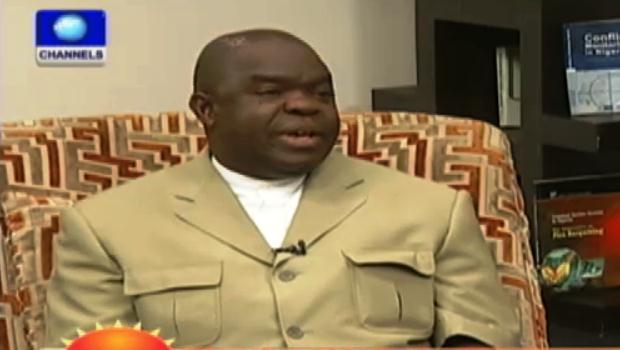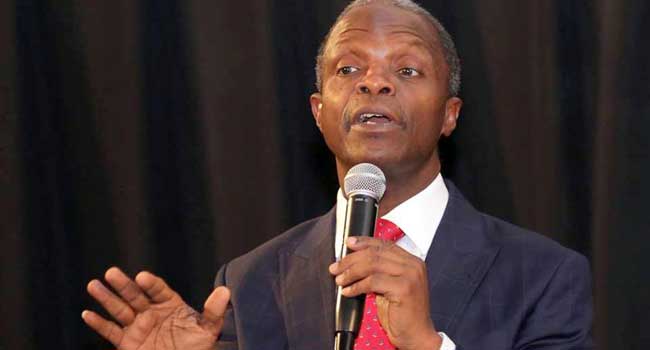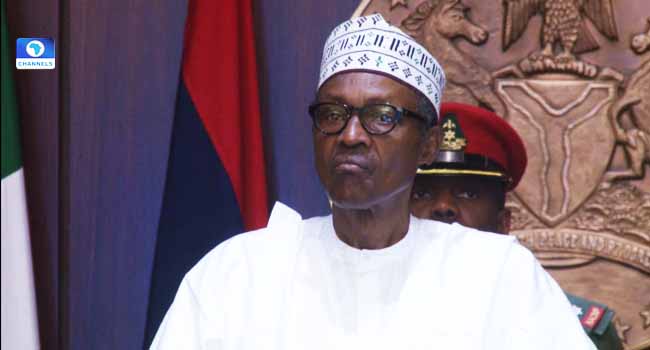
During an interview on Channels Television’s Sunrise Daily, Mr. Rotimi revealed that Nigeria has been without a policy regulating the activities of safety and security agencies and this has contributed to the lapses in the system.
The situation informed the need to develop a policy document that will restructure the system, hence the inauguration of his committee in June 2013 by the Ministry of Police Affairs, and the committee commenced work by consulting the heads of security agencies at the Federal Capital Territory in order to get their recommendations.
He said that the policy document being worked on will put together what every security agency is doing, where they are interconnected and how to ensure effective and efficient resource mobilization and utilization.
“This is a policy that will show how agencies connected with safety and security should synergize and harmonize their mandate because every organisation has its remit.”
Mr Rotimi who is also a lecturer at the Obafemi Awolowo University (OAU) called on Nigerians to “focus on the message rather than the messenger”, explaining that though the mission is being executed under the auspices of the Ministry of Police Affairs; it requires the cooperation of all security agencies and stakeholders.
He cited the usual reluctance from the people on affairs concerning the Police, but stressed that “the committee has no apology about the fact that in a democracy, the Police represents the first line of internal security.” He added that most of the other agencies like NSCDC and the Customs started from the Police and that should also justify it being at the apex of the arrangement.
Using the Nigerian Customs Service as a case study, Mr. Rotimi further emphasized the need for all security and safety agencies in the country to do their jobs well for them to deliver safety and security as their activities affect one another.
He said beyond revenue generation “through all the borders, all manner of things get in…by their (The Customs) activities, they can apprehend those who are bringing in fake goods, fake drugs, and you go on to the next stage, NAFDAC. So it’s a chain of everybody working together”. Therefore a major focus of the policy is to spell out cooperation among the several safety and security agencies.
He stated that there should have been no reasons for the Police and men of the Nigeria Security and Civil Defence Corps (NSCDC) to clash if there had been a clear understanding of roles and boundaries in the system, stressing that they can actually interconnect instead of the rivalries witnessed on many occasions.
The committee is embarking on zonal interaction forums with several stakeholders and organizations invited to present briefs and suggestions to the committee. It is mainly to create the opportunity for operatives beyond the headquarters to come out and share the peculiarities of safety and security issues in their regions.
Information sharing, effective resource utilization, training, are among other issues that the national safety and security policy document will be focusing on.




